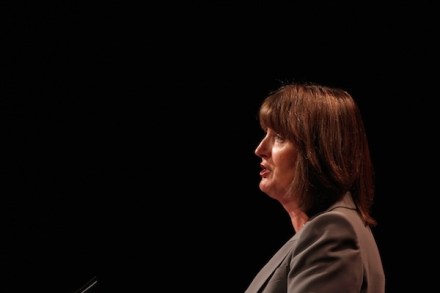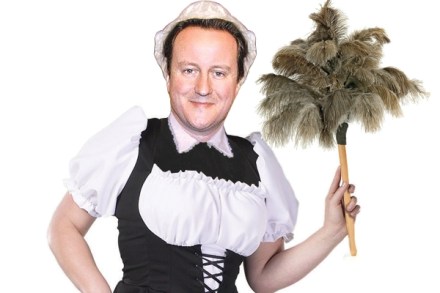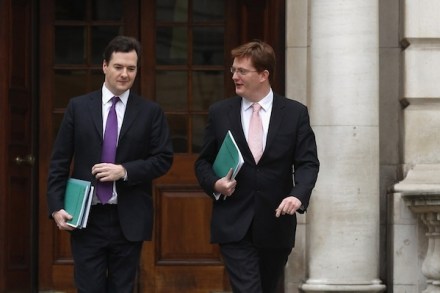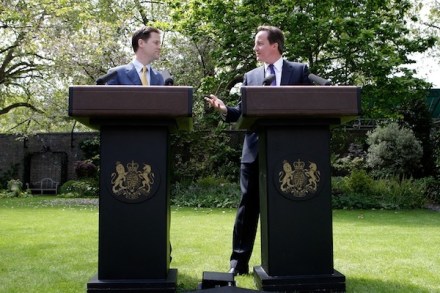Lib Dem conference: Clegg will accept further welfare cuts but wants to squeeze rich more
The opening act of any party conference is the interview for Sunday morning TV and Nick Clegg made clear to Andrew Marr that the welfare budget is ‘not immune from further savings.’ He also said that he was confident that he could persuade the Tories to agree to further ways to make the ‘rich’ pay more. But under pressure from Marr, he couldn’t provide any details on what form this new tax might take. In an attempt to damp down the continuing chatter about Vince Cable’s conversations with Ed Miliband, Clegg said that he was in regular touch with both Milibands, Tony Blair and Peter Mandelson. But as long as




















